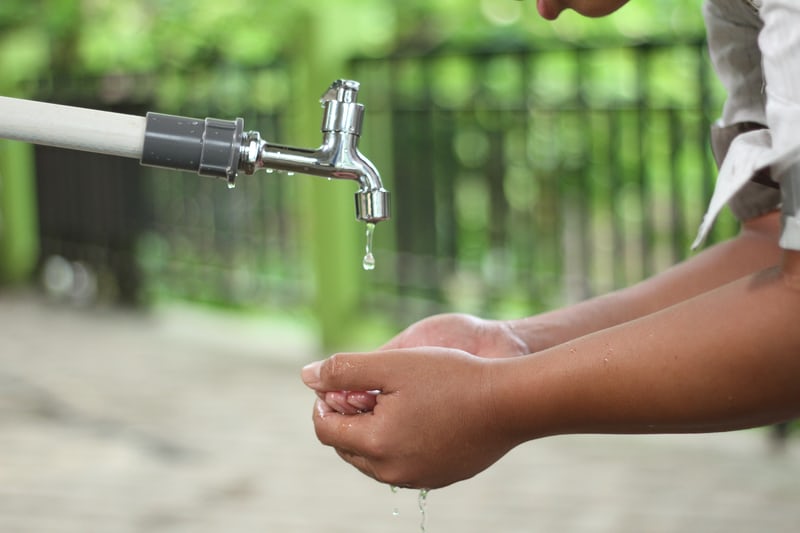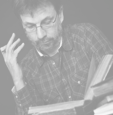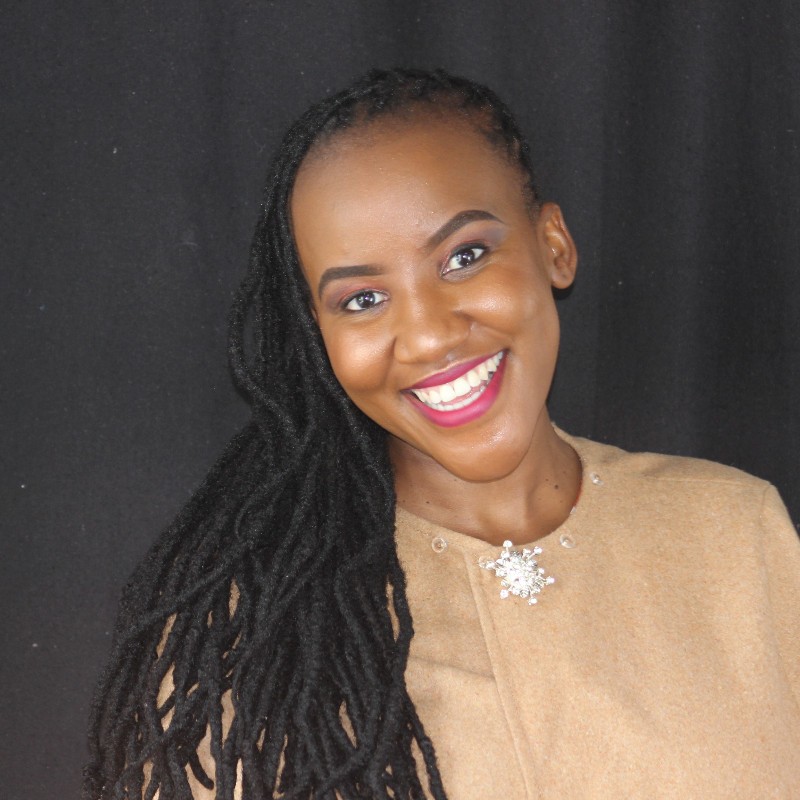Dr Thokozani Kanyerere
Thokozani Kanyerere is a Senior Lecturer at University of Western Cape where he teaches and conducts research related to groundwater management since 2013. He has 20 years’ of experience in university academic and research work. He received his MSc from University of Malawi (2001) and MPhil from the Norwegian University of Science and Technology in Norway (2004) and obtained his PhD (2012) from University of Western Cape in South Africa where he assessed groundwater management practices for domestic use using IWRM approach. He is involved in direct and developmental applied research work from capacity building perspective. His research interests are in groundwater/surface-water interaction, aquifer characterization, groundwater recharge; groundwater management with a focus on quality which enabled him to coordinate academic and groundwater projects. His passion is on water education for capacity development. Dr Kanyerere is a supervisor, examiner of postgraduate students and a reviewer of several peer-reviewed journals and institutes.
Dr Timothy Dube
Timothy Dube is a Professor of GIScience and Earth Observation (EO) for environmental & water resources management at the University of the Western Cape. He holds a PhD in Environmental Science from the University of KwaZulu Natal, MSc in Water Resources and Environmental Management from the University of Twente and a Bachelor’s Degree in Geography from the University of Zimbabwe. He has 13 years’ of experience in university academic and research work. His research is inclined towards the use of cutting-edge satellite & in-situ earth observation technologies in tracking the impacts of climate change and in monitoring water resources and the environment. He has been involved in intensive EO training and capacity building across different institutions of higher learning and research in Southern Africa. Currently, he serves in the African Association of Remote Sensing of the Environment as a technical board member. His engagement with EO technology applications is not only restricted to research in Africa but also involves collaborations with various EO experts from European institutions, promoting EO knowledge and skills transfer to enhance policy formulation & decision making to promote Economic Development in the SADC & Africa.
Prof Patricia K Mogomotsi
Patricia Kefilwe Mogomotsi is an Associate Professor of Natural Resources Economics in the Department of Economics, University of Botswana. She holds a PhD in Economic and Management Science from North-West University, South Africa. In addition to her PhD, she holds four other qualifications, namely Master of Financial Management from Amity University, Master of Economics from Rhodes University, BComm Hons (Economics) from Stellenbosch University and BA (Economics) from the University of Botswana. Her research focuses on how institutions could be designed to promote equitable allocation of water and other natural resources. This is necessary for addressing inherent inequalities and inequities in natural resource allocations against vulnerable and marginalised groups within societies.



